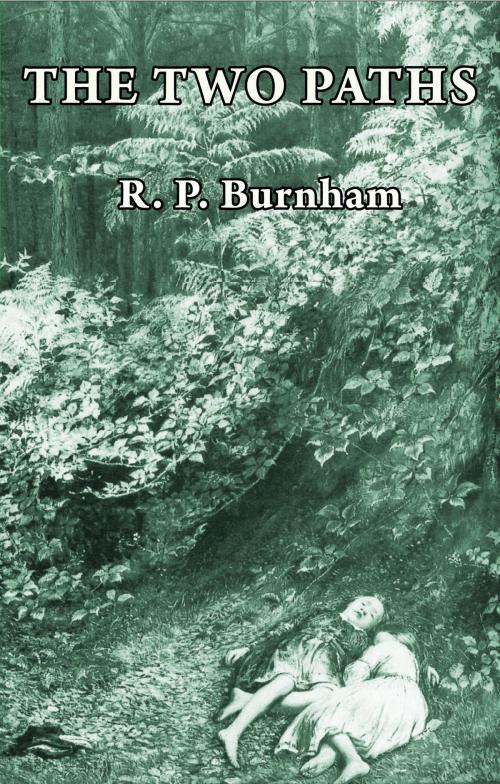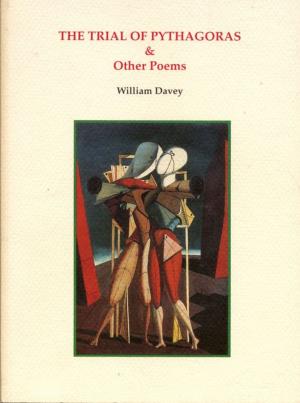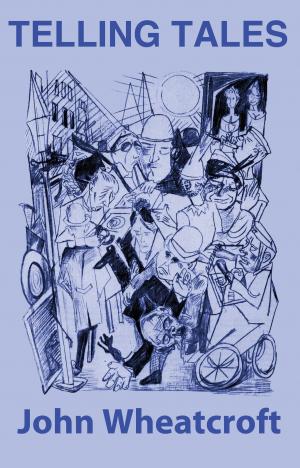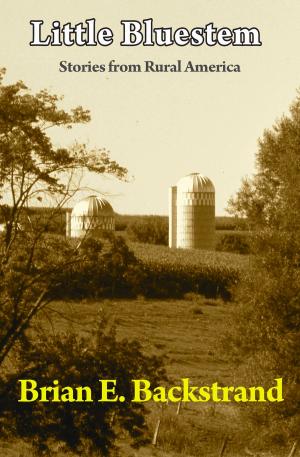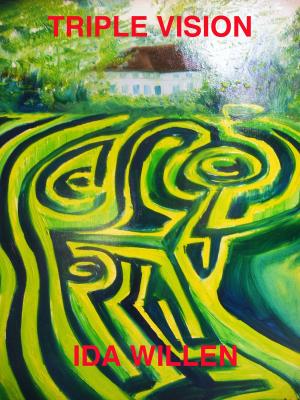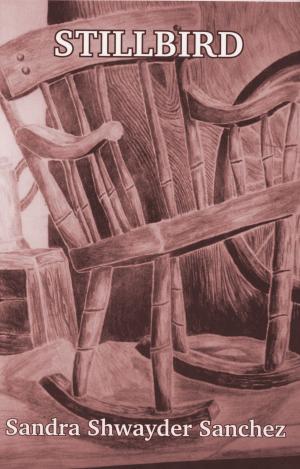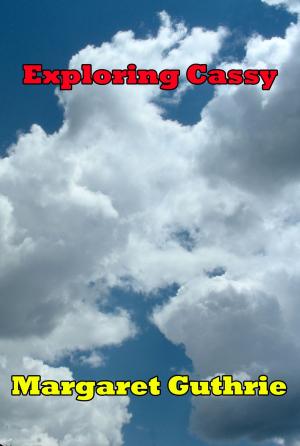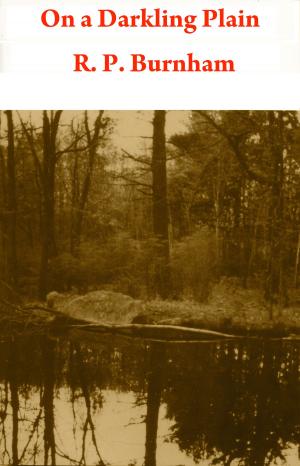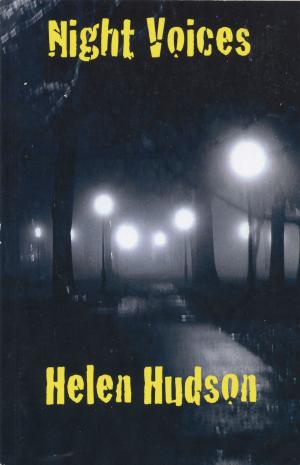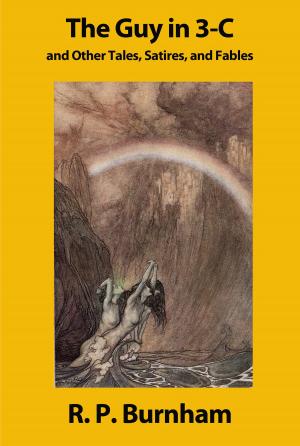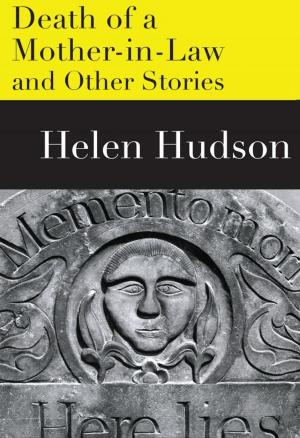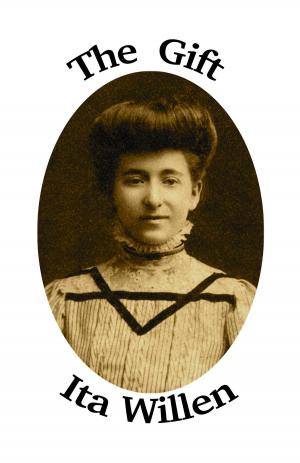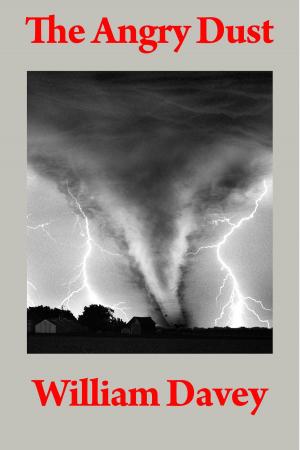| Author: | R.P. Burnham | ISBN: | 9781476168104 |
| Publisher: | The Wessex Collective | Publication: | March 20, 2012 |
| Imprint: | Smashwords Edition | Language: | English |
| Author: | R.P. Burnham |
| ISBN: | 9781476168104 |
| Publisher: | The Wessex Collective |
| Publication: | March 20, 2012 |
| Imprint: | Smashwords Edition |
| Language: | English |
The Two Paths begins at a lakeside cottage where a group of graduating seniors, all of them members of the football team that had won the state championship that year, are having a celebratory end-of-school party. One of them is Robbie Elder, the hero of that game, and it is he who later in the night violates in an ambiguous rape Cilla Whitten, a plain and socially awkward junior lured there by the promise of excitement and popularity. The rest of the novel follows these two into young adulthood while exploring the social conditioning and societal expectations of males and females: Cilla, as an unwed mother, roused to a life of helping others, and Robbie, both burdened with and helped by his fame as a football hero and desperate to escape his working class origins, ambitiously and single-mindedly pursuing wealth and status.
***
For you who have read R. P. Burnham’s The Many Change and Pass, or any other of his engaging works of fiction, the publication of his new novel, The Two Paths, is indeed good news. Burnham has an uncanny ability to bring to life the characters he creates. The range of these characters is Dickens-like. This vividly realized but widely differing catalogue of persona compels the reader both to sympathize and make judgments. Played out in upper New England near the sea, the setting of the novel is as convincing as are the characters. The novel opens with a bang, a “gangbang,” out of which the conflict inevitably grows: raw sex vs. true love. The first path causes us to echo, “the pity of it all.” The second makes us shout to ourselves, “yes, yes, yes!” Yet the path that is studded with dark depths of doubt, despair, and self-defeat has a seemingly stronger hold on humanity than does the path of illumination, self-understanding, and reconciliation. Which path it will be is convincingly rendered in Burnham’s lucid and fluent prose.
–John Wheatcroft
The Two Paths begins at a lakeside cottage where a group of graduating seniors, all of them members of the football team that had won the state championship that year, are having a celebratory end-of-school party. One of them is Robbie Elder, the hero of that game, and it is he who later in the night violates in an ambiguous rape Cilla Whitten, a plain and socially awkward junior lured there by the promise of excitement and popularity. The rest of the novel follows these two into young adulthood while exploring the social conditioning and societal expectations of males and females: Cilla, as an unwed mother, roused to a life of helping others, and Robbie, both burdened with and helped by his fame as a football hero and desperate to escape his working class origins, ambitiously and single-mindedly pursuing wealth and status.
***
For you who have read R. P. Burnham’s The Many Change and Pass, or any other of his engaging works of fiction, the publication of his new novel, The Two Paths, is indeed good news. Burnham has an uncanny ability to bring to life the characters he creates. The range of these characters is Dickens-like. This vividly realized but widely differing catalogue of persona compels the reader both to sympathize and make judgments. Played out in upper New England near the sea, the setting of the novel is as convincing as are the characters. The novel opens with a bang, a “gangbang,” out of which the conflict inevitably grows: raw sex vs. true love. The first path causes us to echo, “the pity of it all.” The second makes us shout to ourselves, “yes, yes, yes!” Yet the path that is studded with dark depths of doubt, despair, and self-defeat has a seemingly stronger hold on humanity than does the path of illumination, self-understanding, and reconciliation. Which path it will be is convincingly rendered in Burnham’s lucid and fluent prose.
–John Wheatcroft
